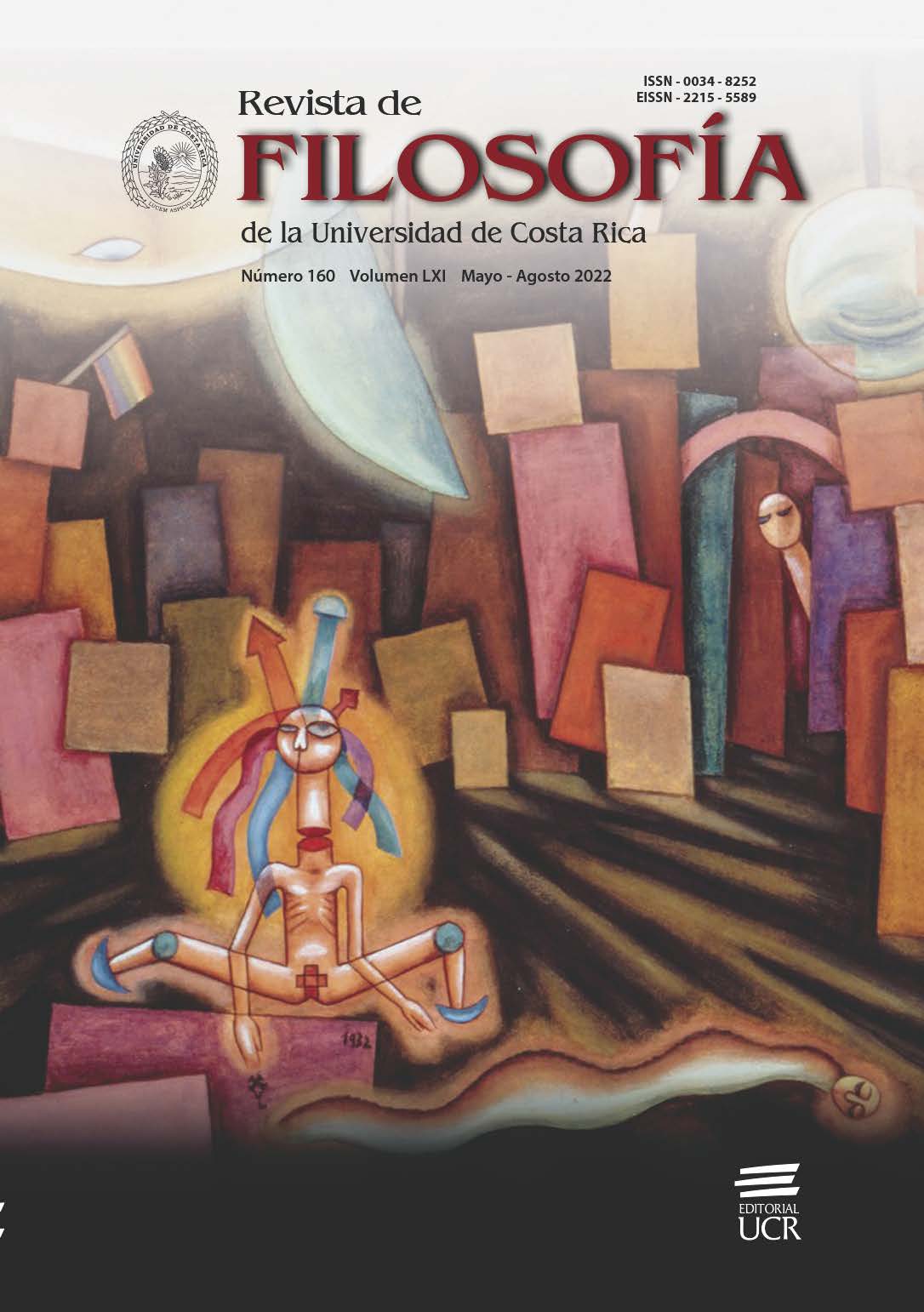Abstract
Starting from two fundamental concepts in the Hindu tradition (jñāna and vijñāna), our article focuses on the philosophy of Śrī Aurobindo (1872-1950), conceived as Pūrṇādvaita, an integral non-dualism in which
jñānayoga, the path of knowledge, of gnosis, acquires a particular form. The supreme knowledge (jñāna), knowledge of the ātman that is Brahman (ātmajñāna, brahmavidyā), is a liberating knowledge, but in this vision it is an integral knowledge that not only accesses the realization of the ultimate Reality, but also to the direct perception of the enormous richness of the structures and dynamics of the multidimensional Cosmos. In this way, jñāna, the white gnosis (the realization of the ultimate Identity, of the brahman saccidānanda) unfolds in rainbow gnosis (vijñāna, in Śrī Aurobindo’s terminology) encompassing the direct, supramental knowledge of the three worlds of the manifestation. This comprehensive knowledge liberates, but not necessarily from the body, but in the body. Not necessarily from saṃsāra, but inside the saṃsāra.
##plugins.facebook.comentarios##

This work is licensed under a Creative Commons Attribution-NonCommercial-NoDerivatives 3.0 Unported License.
Copyright (c) 2022 Vicente Merlo

